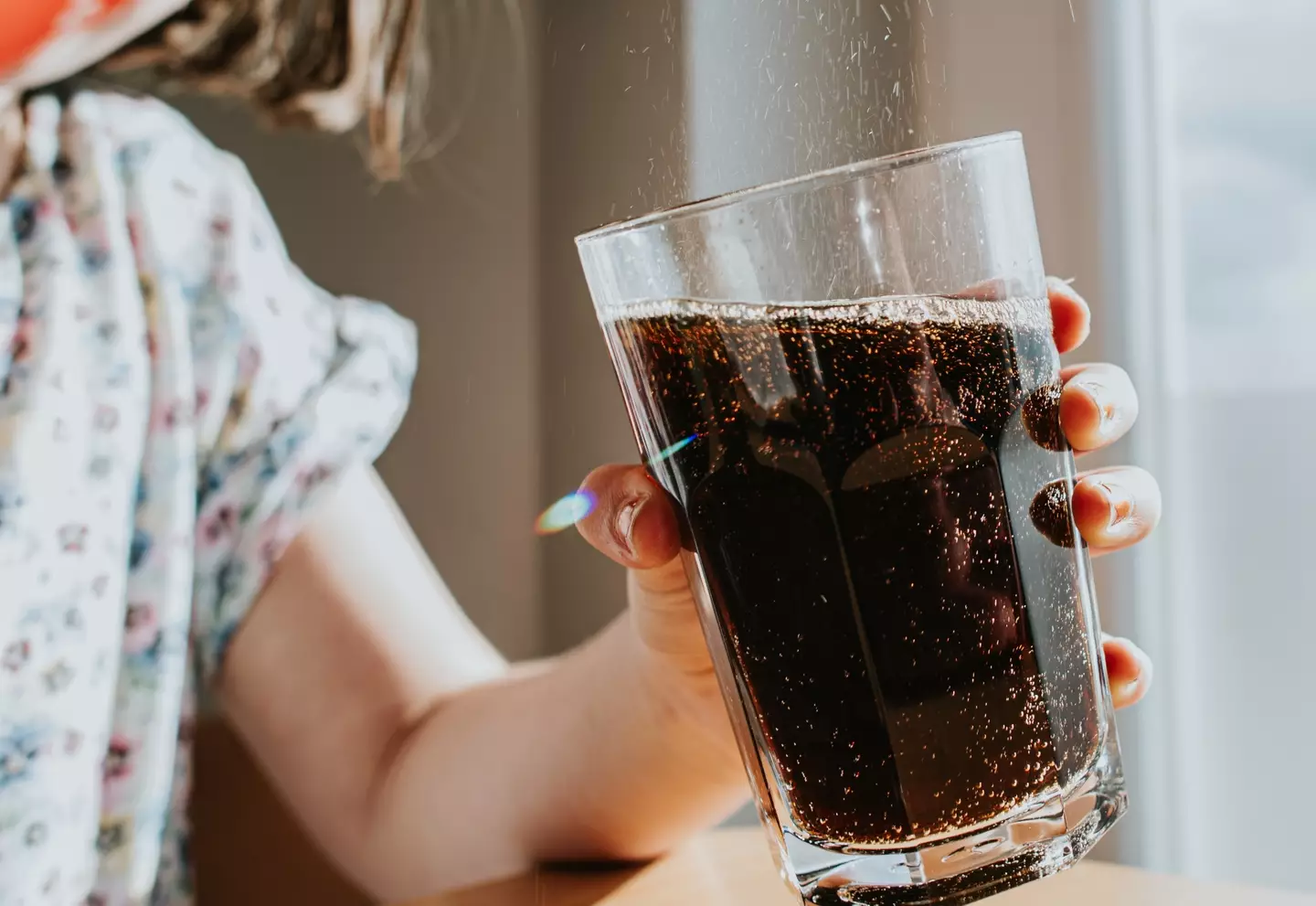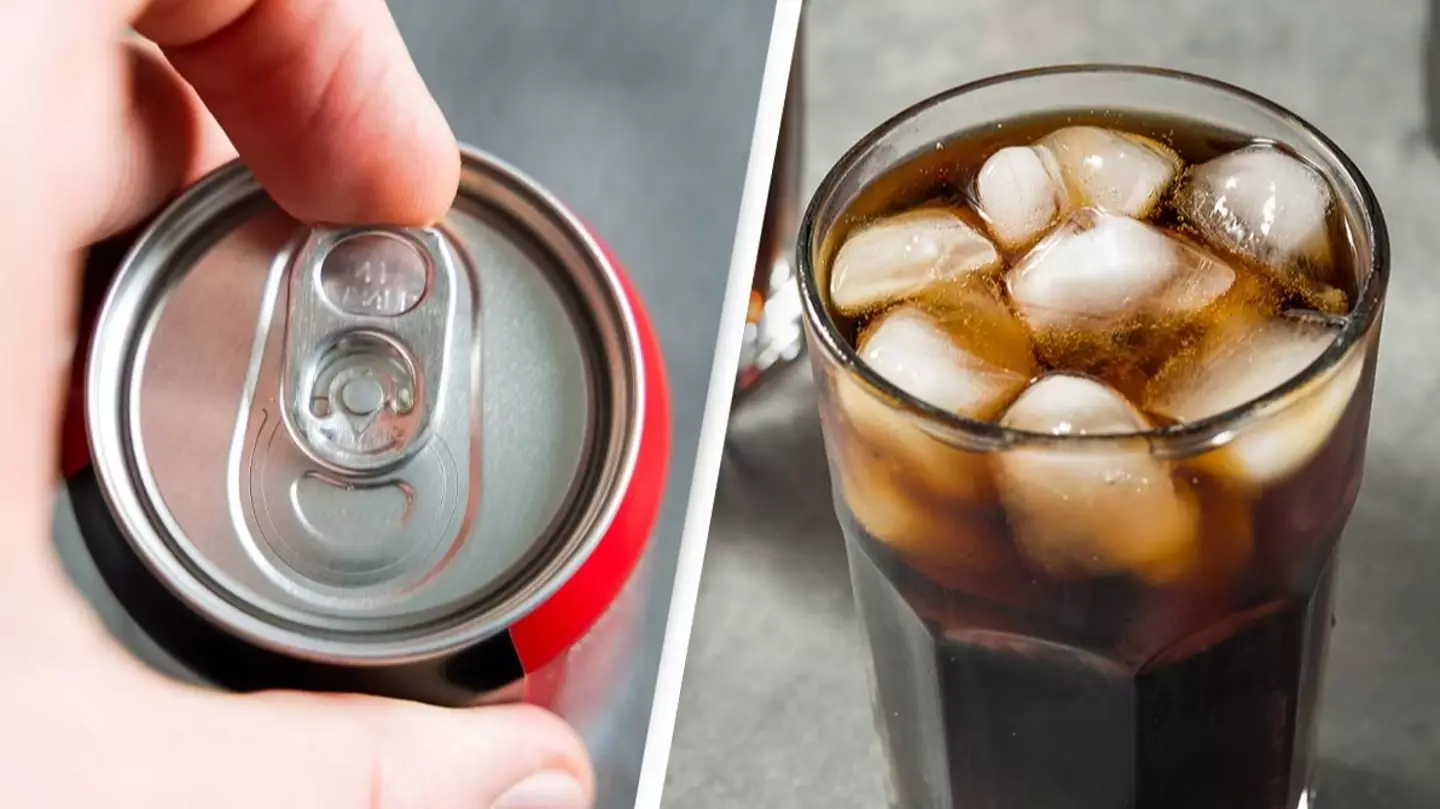According to a recent study, your regular consumption of diet soda or a low-sugar fizzy drink after work might be causing significant harm to your health.
For some, a refreshing lemonade or fruity pop is essential with meals, while others turn to carbonated beverages as an alternative to alcohol.
If you enjoy a dirty soda like the Mormon Wives or just a diet cola now and then, it’s important to know that whether your drink contains real or artificial sweeteners, it could pose a serious health risk.
On Monday (October 6), at UEG Week 2025, new research suggested a connection between both sugar-sweetened and low- or non-sugar-sweetened beverages and an increased risk of developing metabolic dysfunction-associated steatotic liver disease (MASLD).

The Cleveland Clinic describes MASLD as the leading cause of chronic liver disease, occurring when excess fat is stored in the liver.
This buildup of fat can eventually lead to inflammation in the liver. Symptoms may include discomfort in the upper right abdomen, loss of appetite, and unexpected weight loss.
Researchers, including Lihe Liu, a graduate student in the Department of Gastroenterology at the First Affiliated Hospital of Soochow University, Suzhou, China, conducted the study by using repeated 24-hour dietary questionnaires to monitor beverage consumption.
The study explored the link between soda consumption and the risks of developing MASLD, liver fat accumulation, and liver-related mortality.
The results showed that higher consumption of both sugar-sweetened and low- or non-sugar-sweetened drinks was linked with a 60 percent and 50 percent increased risk of developing MASLD, respectively.
Over a median follow-up period of 10.3 years, 1,178 participants developed MASLD, and 108 died from liver-related causes, as reported in the study.
While there was no significant association found for sugar-sweetened sodas, the study linked low- or non-sugar-sweetened drink consumption to a higher risk of liver-related mortality.
Alarmingly, both types of sodas were associated with increased liver fat content.

Lead researcher Liu commented on the significant findings, noting: “[Low- or non-sugar-sweetened drinks] have long been under scrutiny, while their ‘diet’ alternatives are often seen as the healthier choice. Both, however, are widely consumed, and their effects on liver health have not been well understood.”
The study revealed that even a single can of diet soda might increase the risk of MASLD. Drinks with artificial sweeteners could also modify the gut microbiome, disrupt feelings of fullness, increase sweet cravings, and stimulate insulin production.
Liu emphasized that these findings challenge the belief that these drinks are harmless and underscore the need to reassess their role in diet and liver health, especially as MASLD becomes a global health issue.
Following the research, the team advises regular soda drinkers to reduce their intake of both sugar-sweetened and artificially sweetened beverages.
Liu recommended, “Water remains the best choice as it removes the metabolic burden and prevents fat accumulation in the liver, whilst hydrating the body.”
Researchers plan to delve deeper into the causal mechanisms, according to Eurek Alert.
They aim to conduct long-term, randomized, and genetic studies focusing on how sugar and its substitutes affect the gut microbiome and their role in liver disease.

